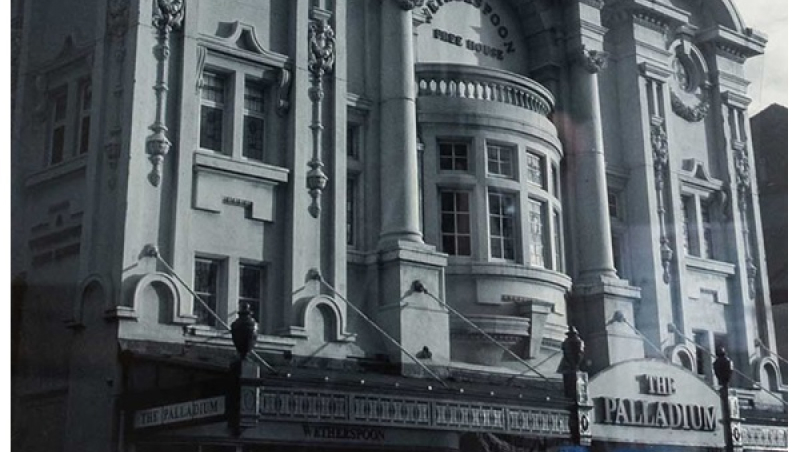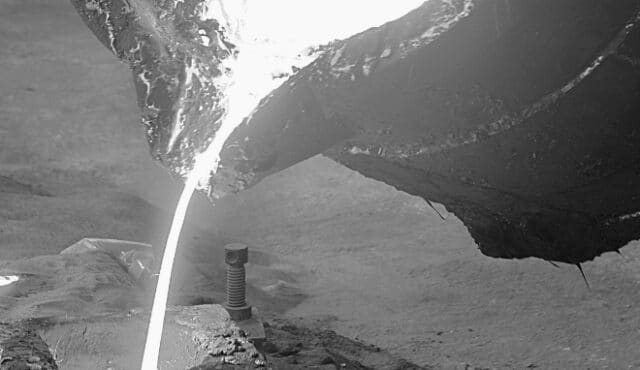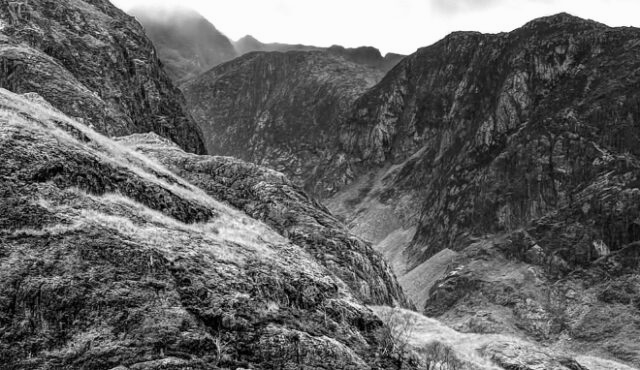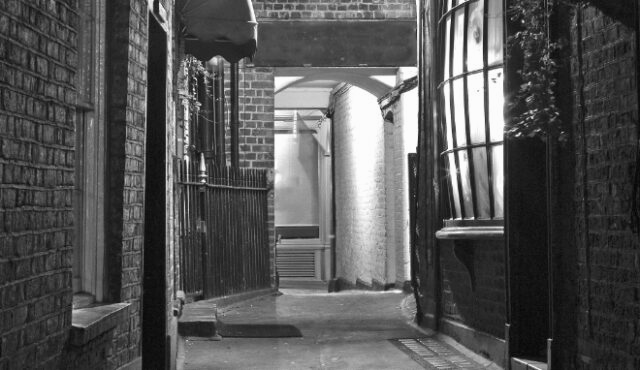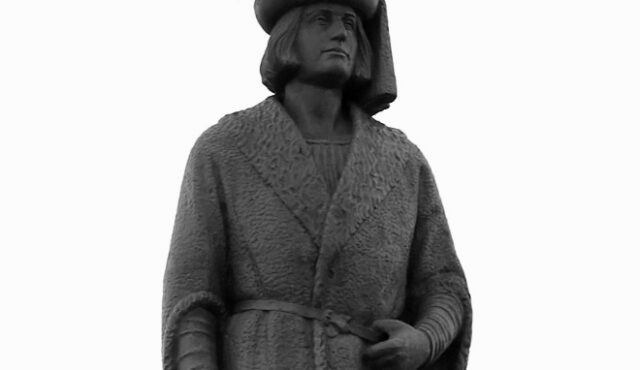All regions
England
Wales
Scotland
Northern Ireland
Republic of Ireland
N Ireland
UK airport
Isle of Man
All counties
Barking & Dagenham
North Yorkshire
Barnet
Bedfordshire
Berkshire
Bexley
Birmingham
Brent
Bristol
Bromley
Buckinghamshire
Cambridgeshire
Camden
Cheshire
City of London
Cornwall
County Durham
Croydon
Cumbria
Derbyshire
Devon
Dorset
Ealing
East Riding of Yorkshire
East Sussex
Enfield
Essex
Farringdon
Gloucestershire
Greater Manchester
Greenwich
Hackney
Hammersmith & Fulham
Hampshire
Haringey
Harrow
Havering
Herefordshire
Hertfordshire
Hillingdon
Hounslow
Isle of Wight
Islington
Kent
Kingston upon Thames
Lambeth
Lancashire
Leicestershire
Lewisham
Lincolnshire
London
Manchester
Merseyside
Merton
Middlesex
Newham
Norfolk
Northamptonshire
Northumberland
Nottinghamshire
Oxfordshire
Redbridge
Richmond upon Thames
Rutland
Shropshire
Somerset
South Gloucestershire
South Yorkshire
Southwark
Staffordshire
Stockton-on-Tees
Suffolk
Surrey
Sutton
Telford & Wrekin
Tower Hamlets
Tyne and Wear
Waltham Forest
Wandsworth
Warwickshire
West Midlands
West Sussex
West Yorkshire
Westminster
Wiltshire
Worcestershire
East Yorkshire
All counties
Blaenau Gwent
Bridgend
Caerphilly
Cardiff
Carmarthenshire
Ceredigion
Conwy
Denbighshire
Flintshire
Gwynedd
Merthyr Tydfil
Monmouthshire
Neath Port Talbot
Newport
Pembrokeshire
Powys
Rhondda Cynon Taff
Swansea
Torfaen
Vale of Glamorgan
Wrexham
All counties
Aberdeen
Aberdeenshire
Angus
Argyll and Bute
Clackmannanshire
Dumfries and Galloway
Dundee City
East Ayrshire
East Lothian
Edinburgh
Falkirk
Fife
Glasgow
Highland
Inverclyde
Moray
North Ayrshire
North Lanarkshire
Perth and Kinross
Renfrewshire
Scottish Borders
South Ayrshire
South Lanarkshire
Stirling
West Dunbartonshire
West Lothian
Stirling and Falkirk
All counties
County Carlow
County Cork
County Dublin
County Waterford
All counties
County Antrim
County Down
